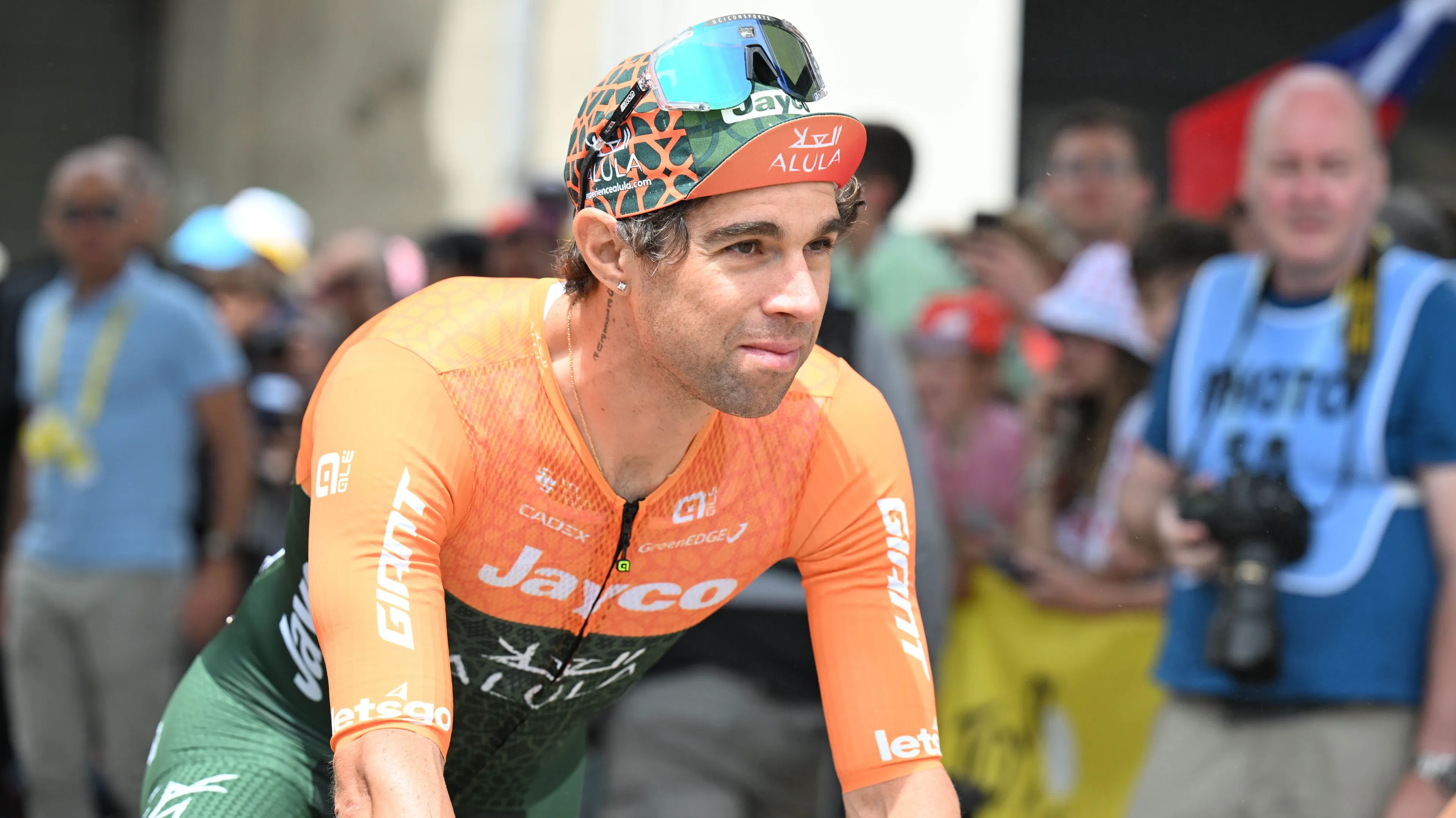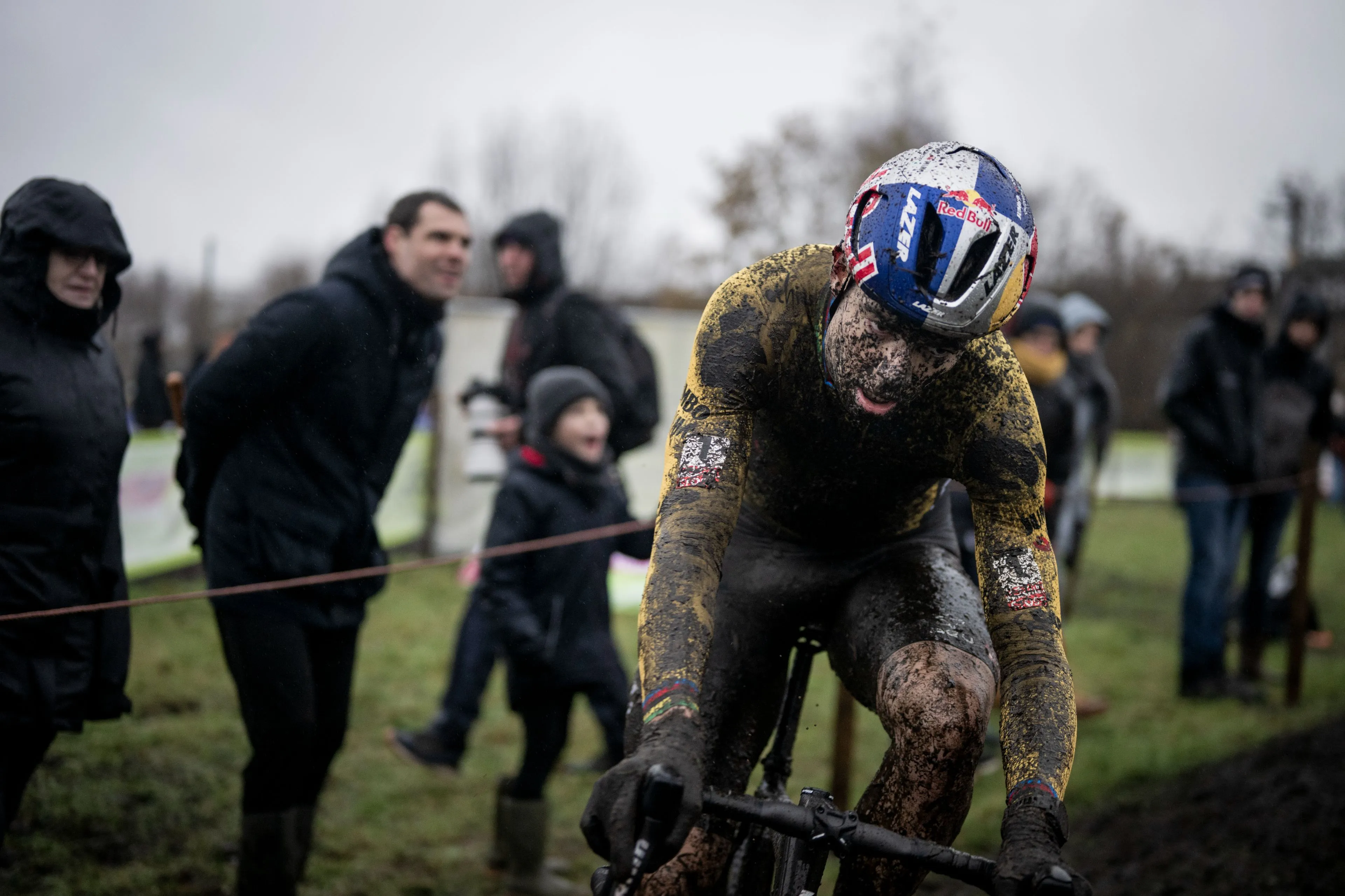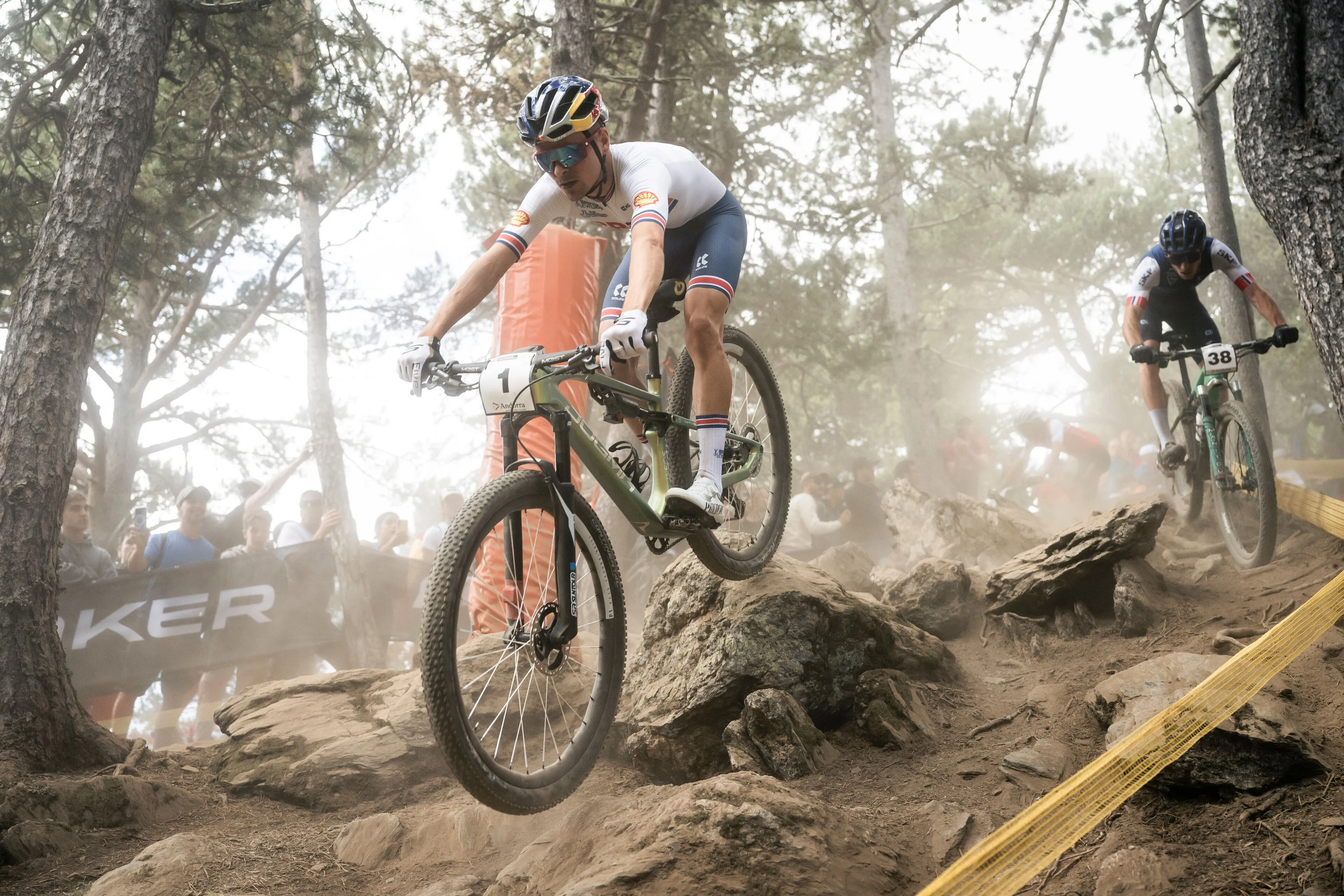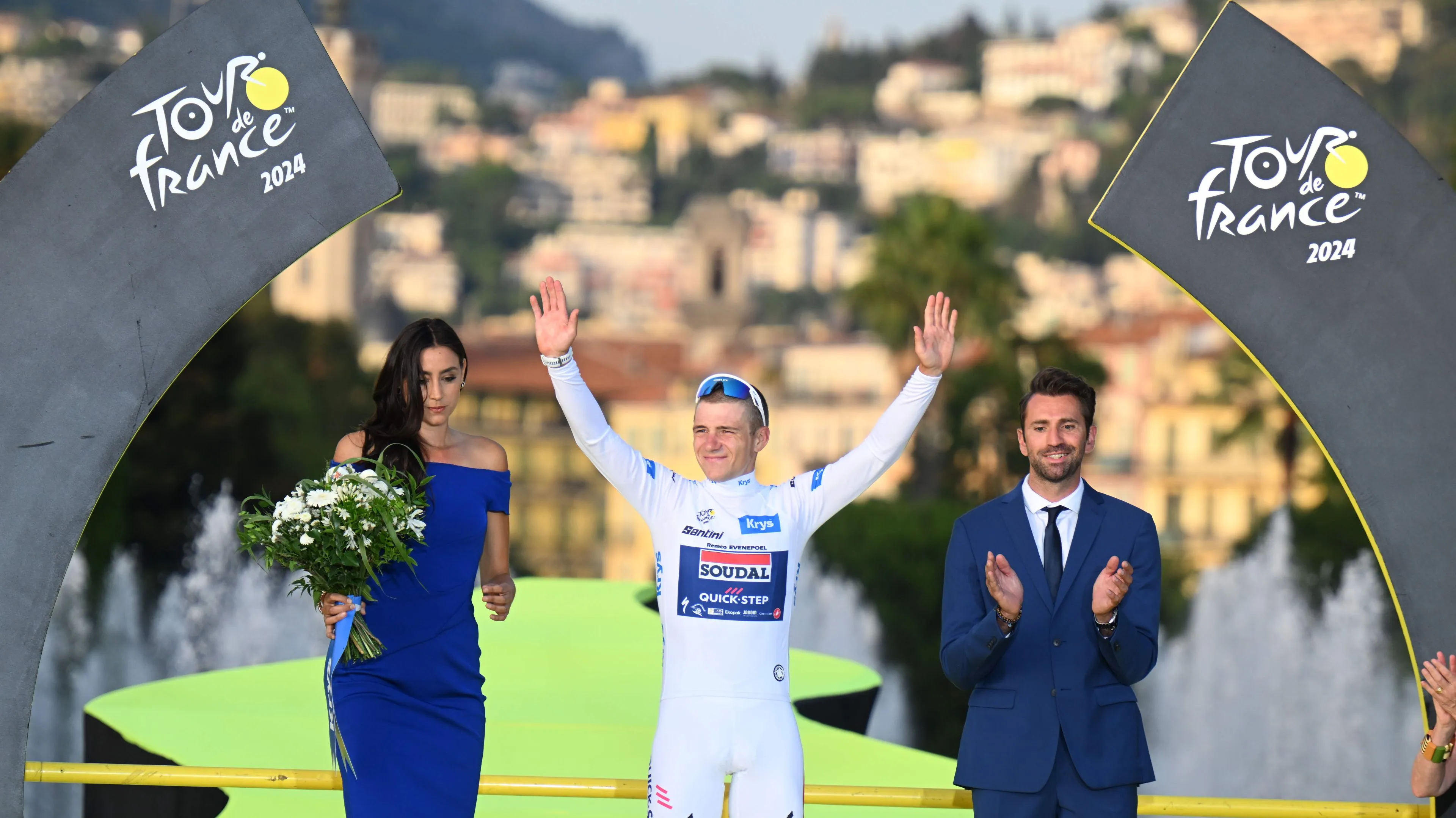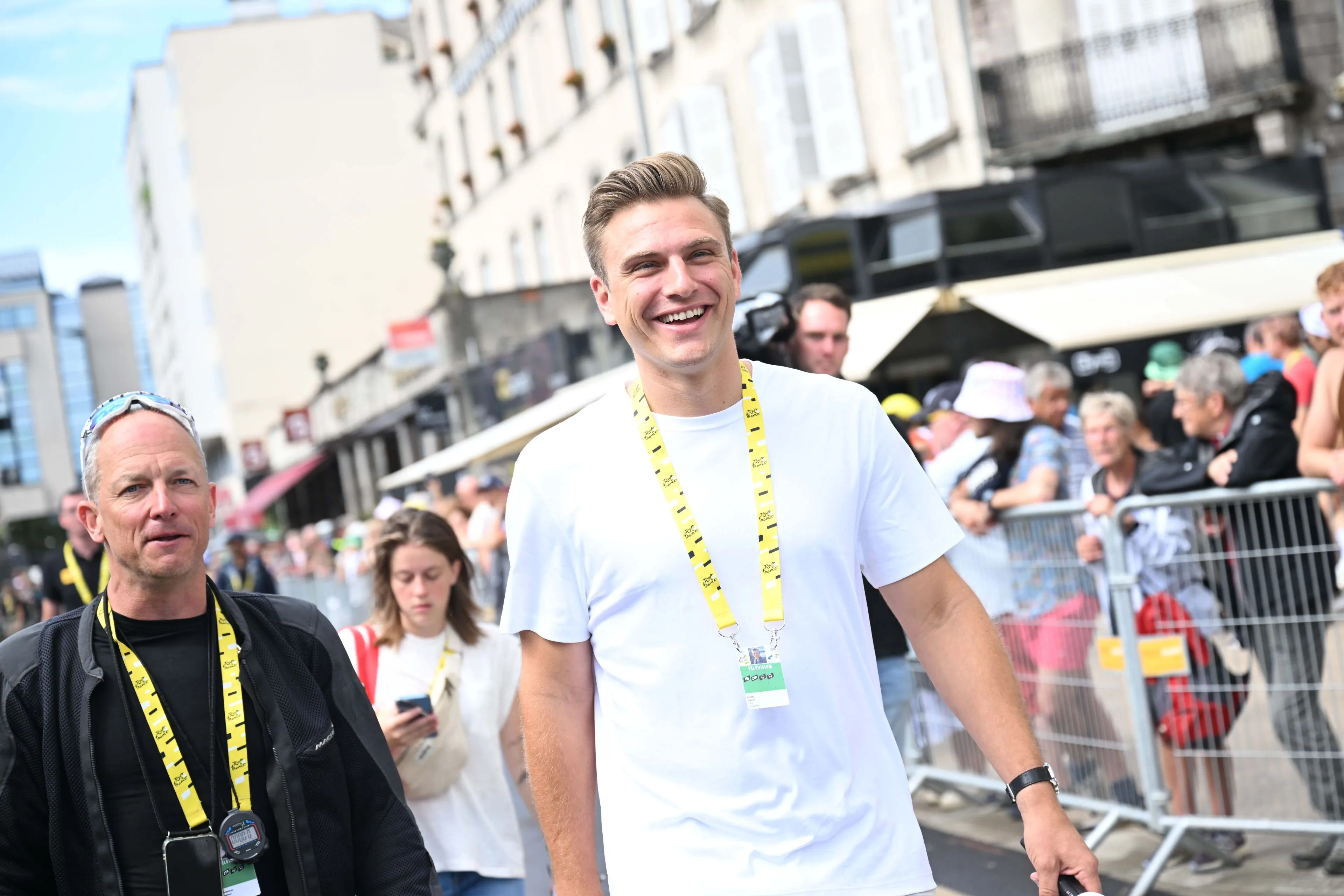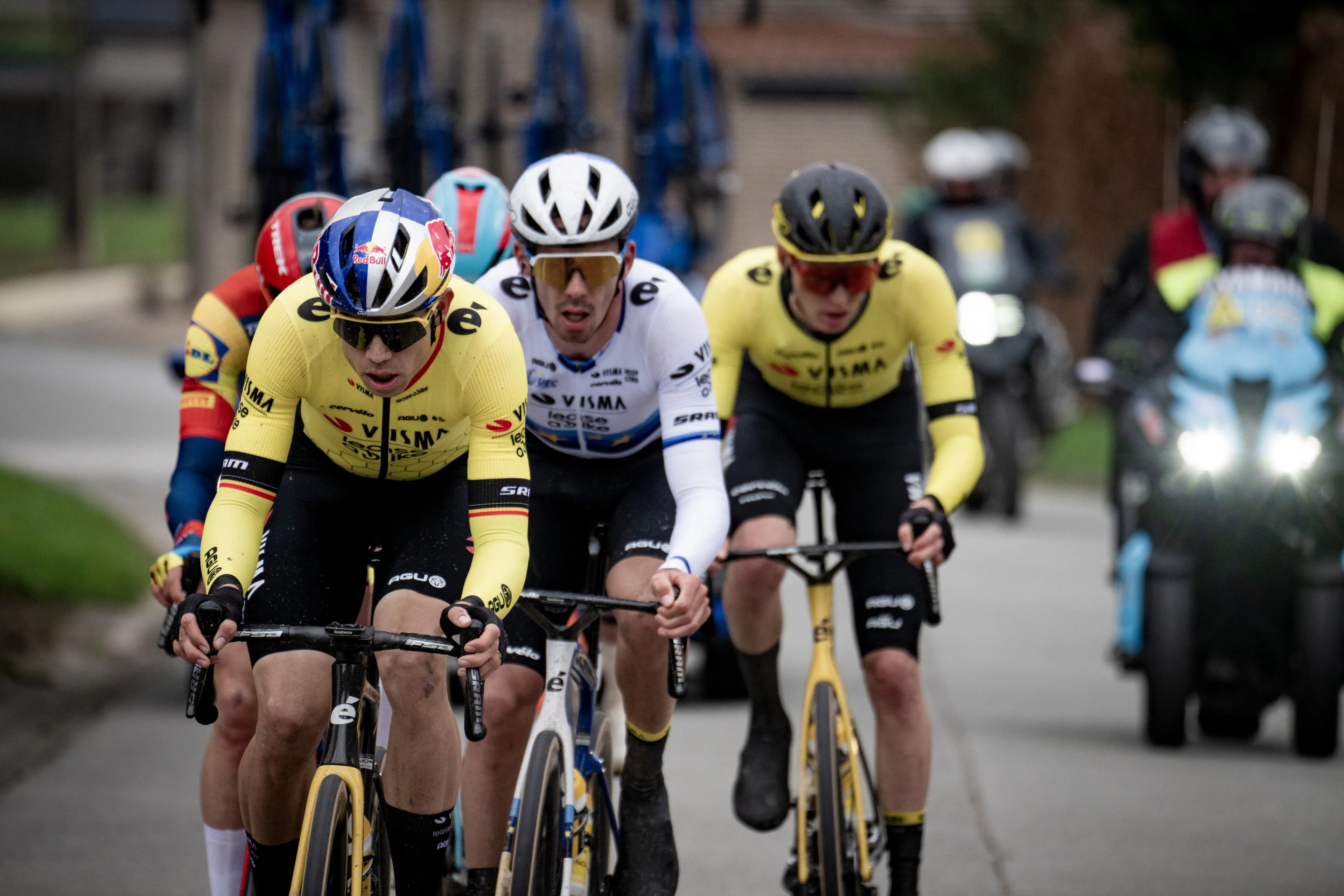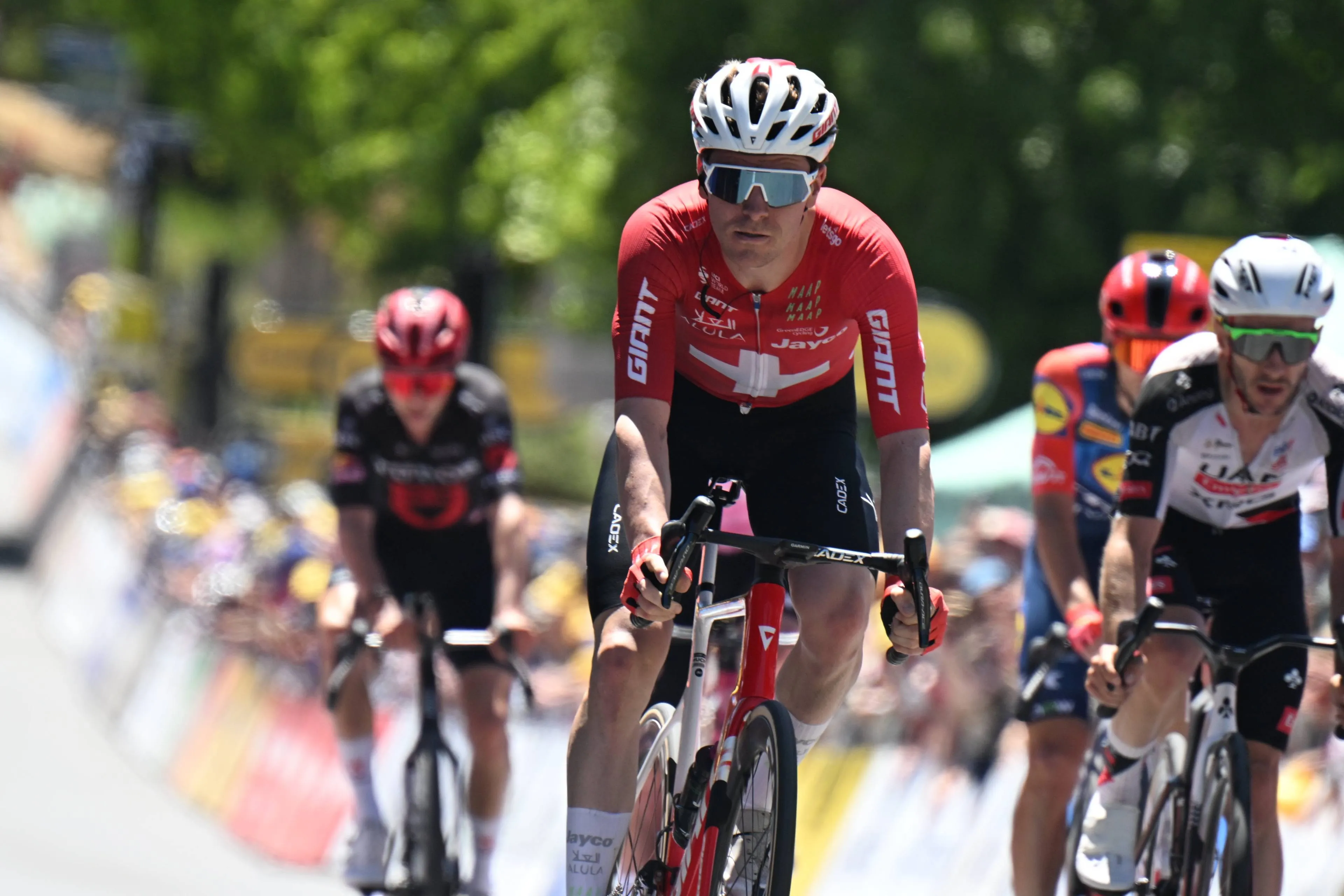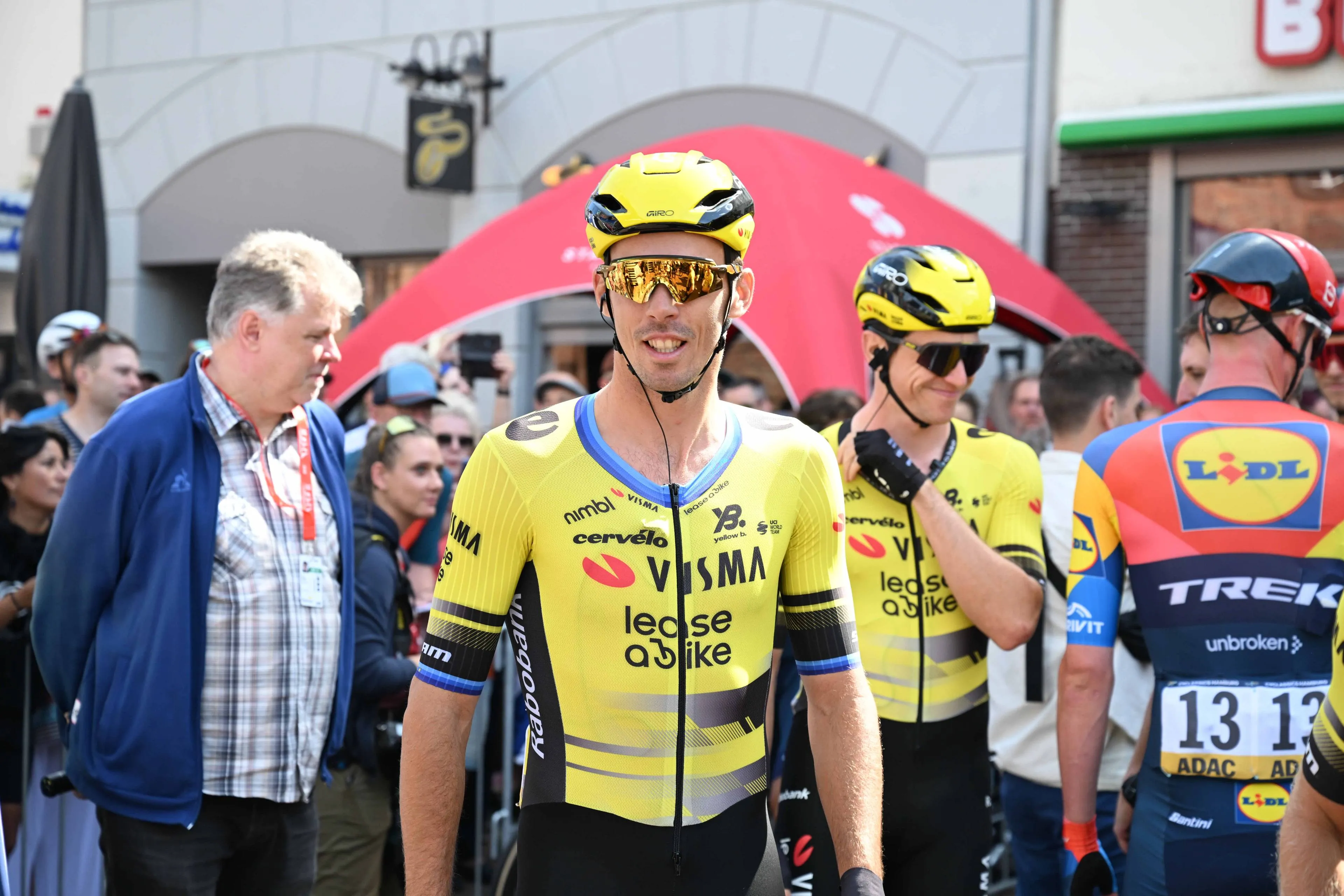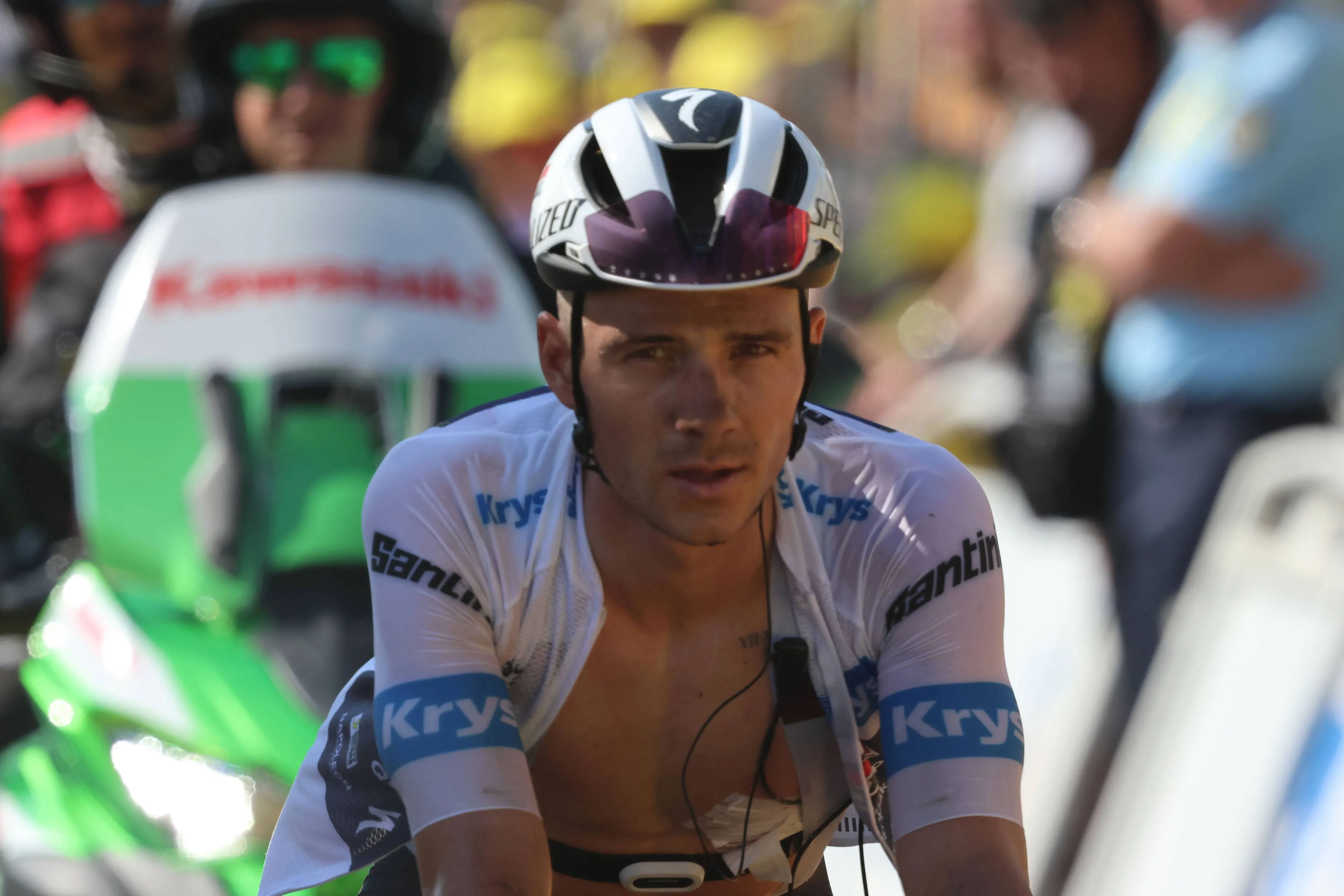ANALYSIS | Tadej Pogacar vs Eddy Merckx vs Stephen Roche: Who had the better triple crown season
CyclingTuesday, 10 December 2024 at 14:30
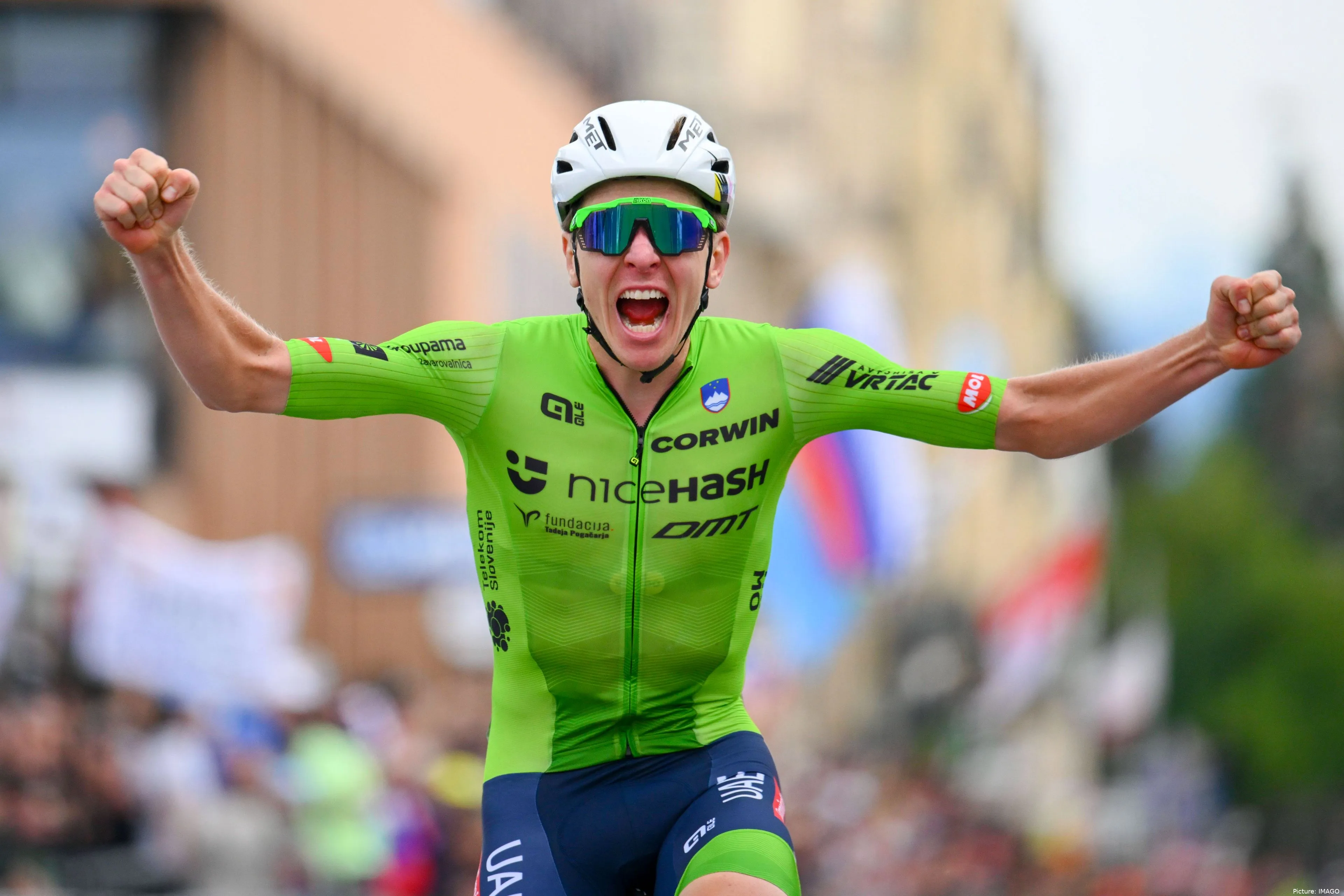
What happened on Sunday, September 29, 2024, in Zurich was perhaps
one of the greatest cycling, and sporting moments you will ever seen. Tadej
Pogacar cemented his place among cycling’s all-time greats with a performance
that will be remembered for generations. Attacking with 100 kilometres still to
race, the Slovenian rode solo to victory in the World Championships road race,
claiming the rainbow jersey for the first time in his career. This audacious
ride brought back memories of cycling’s golden age, in a season where Pogacar was
truly in a league of his own as he won race upon race
Pogacar’s season didn’t just stop at this monumental
achievement. Having also successfully won his first pink jersey at the Giro
d’Italia in May, secured two Monument victories, and won his third Tour de
France, his 2024 campaign has sparked debate over whether it ranks as the
greatest in modern cycling. On Friday night, the accolades continued as he
claimed the Eddy Merckx Trophy and the Velo d’Or in recognition of his stunning
year.
Read also
But where does Pogacar’s season stand compared to the
historic years of Eddy Merckx and Stephen Roche, two riders who also achieved
the elusive Triple Crown? And why are we as fan always so interested by these
comparisons across eras?
Pogacar’s date with the history books
Tadej Pogacar’s 2024 season was the season many thought he
was capable of producing after 2021, before Jonas Vingegaard derailed his run
and emerged as his one true rival. In addition to winning the World
Championships road race in September, he won Il Lombardia for the fourth time
in a row just two weeks later. His Tour de France triumph—his third
overall—featured six stage wins, the same amount of stage wins as he managed at
the Giro.
Read also
Pogacar’s victories in two Monuments, Liège-Bastogne-Liège
and Il Lombardia, further demonstrated his unbeatable level this season. These
results, combined with his other successes, helped him collect both the Eddy
Merckx Trophy and the Velo d’Or in 2024, and it was never in doubt that he’d
receive these awards.
To date, only two riders, Eddy Merckx in 1974 and Stephen
Roche in 1987, have achieved the coveted Triple Crown by winning a Grand Tour,
the World Championships road race, and a Monument in the same year. Pogacar’s
inclusion in this exclusive club is well deserved, and many argue that his 2024
campaign surpasses Roche’s and even rivals Merckx’s best seasons.
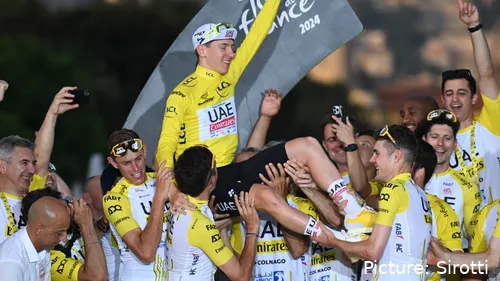
Tadej Pogacar was near perfect throughout 2024
Eddy Merckx
Eddy Merckx’s name looms large in any discussion of cycling
greatness. Known as "The Cannibal," the Belgian dominated the sport
like no other, racking up 11 Grand Tour victories, 19 Monument wins, three
World Championships, and an astonishing 525 career victories.
Merckx himself was full of praise for Pogacar’s World
Championship ride. “His victory was exceptional, certainly unique,” Merckx told
Relevo. “Something that has rarely been seen in cycling.”
Read also
However, Merckx was quick to draw a line when comparisons to
his own career were raised. “I don’t think Pogačar is superior to Eddy Merckx.
He’s won only three Tours. He has a long way to go to be better than Eddy
Merckx,” he clarified.
Merckx’s scepticism underscores the shows the challenge Pogacar
faces on paper in closing the gap to the Belgian legend in terms of stats. At
just 26 years old, Pogacar has amassed three Tours de France, one Giro
d’Italia, seven Monument victories, and 92 career wins. These are staggering
numbers for his age, but they still fall short of the legendary Belgian’s
astonishing palmares if we’re simply basing things on stats.
Read also
Still, there are clear paths for Pogacar to claw his way
towards Merckx, starting with: Milano-Sanremo. Milano-Sanremo, one of two
Monuments he has yet to win, is the race Pogacar and his team say they want
more than any other next year. And then of course there’s the Vuelta a España,
the final race he needs to complete his set of Grand Tour titles.
Stephen Roche’s incredible 1987
Stephen Roche’s Triple Crown in 1987 stands as one of the
greatest single-year achievements in cycling. That season, the Irishman won the
Giro d’Italia, the Tour de France, and the World Championships road race, along
with the Tour de Romandie. Unlike Merckx, who sustained his dominance over a
decade, Roche’s peak was short-lived, hindered by a chronic knee injury
following a crash in 1986 in the UK.
Read also
Speaking to L’Équipe, Roche expressed admiration for
Pogacar’s 2024 season. “He had everything he needed to pull off this treble, so
we were surprised without being surprised,” Roche said, highlighting how Pogacar’s
talent and incredible backing from UAE Team Emirates aligned perfectly for his
historic campaign.
Roche, however, echoed Merckx’s caution about anointing Pogacar
as the greatest of all time. “The greatest of his time, yes, but you have to
respect what Merckx, Indurain, and all the others have done,” Roche emphasised.
“He’s the best of the moment. And he’ll be one of the greatest of all time in
any case, but we’ll take stock at the end, and we’re a long way from that.”
Read also
On paper, Pogacar’s 2024 season surpasses Roche’s 1987 in
terms of wins. While Roche’s victories were incredible in their own right, Pogacar’s
achievements in 2024, especially his solo triumphs in Zurich, Strade Bianche
and Il Lombardia , set a new benchmark for modern cycling.
As Tadej Pogačar looks to 2025, his ambitions are clear.
Winning Milano-Sanremo is at the top of his list, as is conquering the Vuelta a
España to complete his Grand Tour collection. However, maintaining the level of
excellence he achieved in 2024 will be no easy task.
The competition is only getting stronger. Jonas Vingegaard,
Remco Evenepoel, and Primož Roglič, three of Pogačar’s fiercest rivals, all
faced significant setbacks in 2024 but are expected to return in peak form next
year. In fact, just this time last year Vingegaard had handed Pogacar the worst
defeat of his career at the 2023 Tour, which shows you just how quickly the
form book can change in professional cycling. As Stephen Roche noted, “There
are still some great Tours de France to come, and I think the level will even
out a bit.” And isn’t that brilliant news for fans.
Read also
Why do we compare across eras?
Pogacar’s incredible 2024 season has reignited the timeless
debate: how does today’s best compare to the legends of the past? Fans are
often quick to draw parallels between eras, but such comparisons are fraught
with complexities, and why are we always so obsessed with comparisons between
generations?
One reason for this obsession is the enduring appeal of true
sporting greatness. Whether it’s Eddy Merckx in the 1970s, Stephen Roche in the
1980s, or Tadej Pogacar today, each generation produces performances that etch
themselves into the memories of fans. Comparing these achievements offers a way
to connect the past with the present, creating a narrative that spans decades
and keeps fan favourites from yesteryear within the conversation today.
Read also
However, as Roche and Merckx both pointed out, the context
of each era matters, and this cannot be overstated. Advances in technology,
training methods, and race strategies make direct comparisons almost impossible,
and Merckx dominated in an era with fewer specialized riders, while today’s
peloton is more competitive than ever.
What is clear, though, is that Pogacar is the most talented
rider of the current era. At 26, he has already achieved more than most riders
manage in their entire careers., and there’s no denying that his 2024 season is
at the very least in the top three single seasons of all time. As Pogacar
prepares to get back to racing in 2025, it’s clear that he was only really
racing the history books in 2024. The question is now how can his rivals get
close enough to compete with him so that we aren’t left to conjure up mythical
races as competition for the unstoppable Slovenian.
🏆 Tadej Pogacar is the 2024 Men's Vélo d'Or!
— L'ÉQUIPE (@lequipe) December 6, 2024
🏆 Tadej Pogacar est le Vélo d'Or Hommes 2024 !#velodor pic.twitter.com/ZNOrBnQDq6
claps 0visitors 0
Just in
Popular news
Latest comments
- Go back a few months and check what I wrote. This guy is the best sprinter out there in the next 5 years. Also he can do more than sprint ..
 PAULO19-02-2026
PAULO19-02-2026 - Fantastic climb by Tiberi. Let’s see more of this from him.Pedalmasher19-02-2026
- Loved watching this finale. Brutal climb, looked like a brand new Middle Eastern Alpe d'Huez with those switchbacks on the mountain edge. So much grit on Del Toro's face. I really thought he might catch Tiberi with about 1500m to go. Great stage.antipodeanpedalfan19-02-2026
- You’re expecting cycling to stay immune from this type of conjecture when the worlds’ most watched and listened to figure spouts out similar unsubstantiated crap daily? Most people just follow bad example because it’s a lot easier than figuring out a good one. Anyway, it could be anything, perhaps he just knew Andrew too well, or Sir Jim didn’t want him helping any more of those pesky foreigners and paid him off ;-) He doesn’t seem the Epstein type but if that was it, kudos to him for being practically the only one to resign BEFORE being found out. I find it very concerning that no-one has much to say about any of these people who keep at it until they just can no longer claim their innocence. Who did they learn from, Lance?Mistermaumau19-02-2026
- If you are going to make comments like that, back it up with proof. Otherwise keep them to yourself.Searider18-02-2026
- In the same place as the outcry over boys vs girls losing weight, which, is in about the same place as boys vs girls getting hit, or abused.Mistermaumau18-02-2026
- Haha.awp18-02-2026
- That's a little extreme, you take wins where you can get them.awp18-02-2026
- Ironic no, a British boss of British companies has no problem outsourcing a large proportion of jobs to foreigners and then complains a proportion of that proportion actually lives in the country. And do you expect if you leave that no-one will take your spot?Mistermaumau18-02-2026
- Slowly slowly the youngsters are making more and more of an impact.Mistermaumau18-02-2026
Loading
Write a comment
